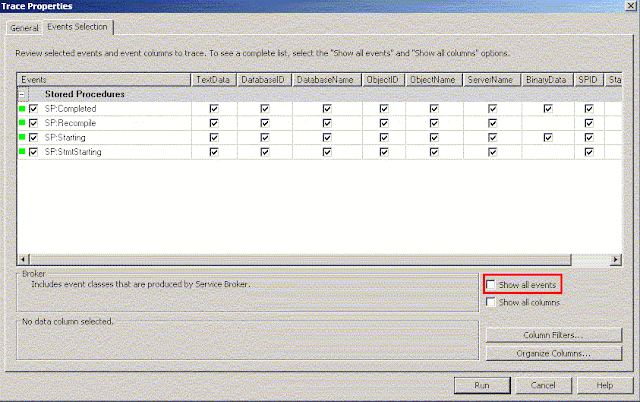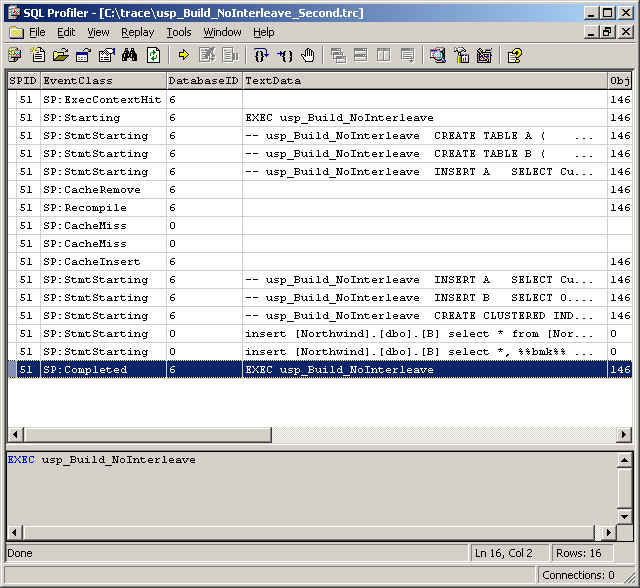

Requires ALTER permission on the specified object. For more issues and discussion on this topic, see Resolving queries with parameter sensitive plan problems.
#Stored procedure recompile code
#Stored procedure recompile manual
Most commonly, automatic recompilation follows changes to the underlying cardinality estimate because of automatic or manual statistics updates. There are a variety of reasons the database engine may choose to recompile objects. SQL Server automatically recompiles stored procedures, triggers, and user-defined functions when it is advantageous. Proactive execution of this stored procedure is usually unnecessary.

By recompiling stored procedures and triggers that act on a table, you can reoptimize the queries. As indexes or other changes that affect statistics are made to the database, compiled stored procedures, triggers, and user-defined functions may lose efficiency. The queries used by stored procedures, or triggers, and user-defined functions are optimized only when they are compiled. Sp_recompile looks for an object in the current database only. Return Code ValuesĠ (success) or a nonzero number (failure) Remarks If object is the name of a table or view, all the stored procedures, triggers, or user-defined functions that reference the table or view will be recompiled the next time that they are run. If object is the name of a stored procedure, trigger, or user-defined function, the stored procedure, trigger, or function will be recompiled the next time that it is run. object is nvarchar(776), with no default. In the create procedure statement, the optional clause with recompile comes immediately before the SQL statements. The qualified or unqualified name of a stored procedure, trigger, table, view, or user-defined function in the current database. Transact-SQL Syntax Conventions Syntax sp_recompile 'object' In a SQL Server Profiler collection, the event SP:CacheInsert is logged instead of the event SP:Recompile. It does this by dropping the existing plan from the procedure cache forcing a new plan to be created the next time that the procedure or trigger is run.

Causes stored procedures, triggers, and user-defined functions to be recompiled the next time that they are run.


 0 kommentar(er)
0 kommentar(er)
